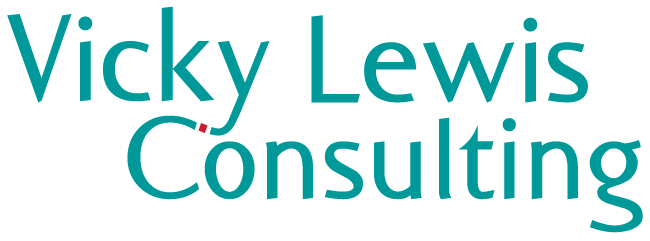International Strategy for Higher Education Institutions
International Strategy for Higher Education Institutions

Posted on by Vicky Lewis

I recently published a blog based on the first half of a presentation I gave at Universities UK International’s Pro-Vice-Chancellor Forum in July 2022. In it, I shared some insights and quandaries relating to ethical university internationalisation strategies.
This follow-up piece draws on the second half of my presentation and starts to explore some practical steps which HEIs wishing to adopt more ethical approaches to international engagement could take.
One idea which emerged at the Forum was that there is a ‘squeezed middle’ of UK HEIs whose reliance on international income (particularly tuition fee income) makes it particularly challenging to formulate a strategy with ethical principles at its heart.
Small, new institutions that are just embarking on their internationalisation journey and derive a lower proportion of their income from international sources can start with a relatively blank sheet and build a strategy ‘values-up’. Larger, established, research-intensive universities with global reputations, financial reserves and income streams from a range of sources also enjoy greater latitude. It is the very many institutions that sit between these extremes for whom the challenges are greatest.
So, what can such institutions do?
This blog shares some thoughts on harnessing diverse perspectives and bringing together shared agendas. (My next one will get onto the reframing of processes, structures and financial models.)
I mentioned at the end of my last blog the importance of having conversations and debates about the ethics of internationalisation openly within the university, thereby dispelling any myths that senior leaders are uninterested in ethical issues.
It is important that staff, student and other stakeholder engagement is truly inclusive, particularly when strategies and policies are being developed or evaluated.
As an interviewee said to me last year: ‘You need to include people from the Global South who can spot problematic notions’. This requires you to think imaginatively about how to engage. If you just traipse round the usual committees with your emerging strategy or place it on Sharepoint with an invitation to comment, you may end up only with responses from the usual suspects. Ethical issues may be overlooked or mishandled if you don’t proactively reach out to people who can look at them from a different angle.
Recent events have highlighted various agendas with an ethical dimension which intersect with internationalisation (and with one another) and are cared about deeply by many students and staff.
The climate crisis has accelerated our determination to protect our planet. The ongoing floods in Pakistan raise issues of climate justice. The pandemic has emphasised global inequalities. The Black Lives Matter movement made us think harder about anti-racism, decolonisation and racial justice. The war in Ukraine (and other conflicts resulting in mass migrations) challenged us to be inclusive towards refugees.
Through their ‘core business’ of education and research, and by showing leadership via their own institutional behaviours, universities are well-placed to address these issues. However, many universities tackle them in silos. Their relationship with internationalisation can easily be glossed over.
A concerted effort is needed to work at the intersections between, say:
Those leading on international engagement should consider how internationalisation can support agendas which many regard as ethical imperatives; and to explore the best ways to make common cause with them. It can be helpful to use a global framework, such as the UN Sustainable Development Goals, as a lens through which to view and address these universally relevant challenges (see this piece in The PIE Review for some useful observations about international education and the SDGs).
This blog has focused predominantly on the cross-institutional (and beyond) engagement and coordination needed to underpin the development and delivery of an ethical internationalisation strategy. My next one will explore some of the repercussions for institutional operating frameworks.
INTERNATIONALISATION STRATEGY LEADERSHIP ETHICS EQUALITY, DIVERSITY, INCLUSION SUSTAINABILITY DECOLONISATION
|
|